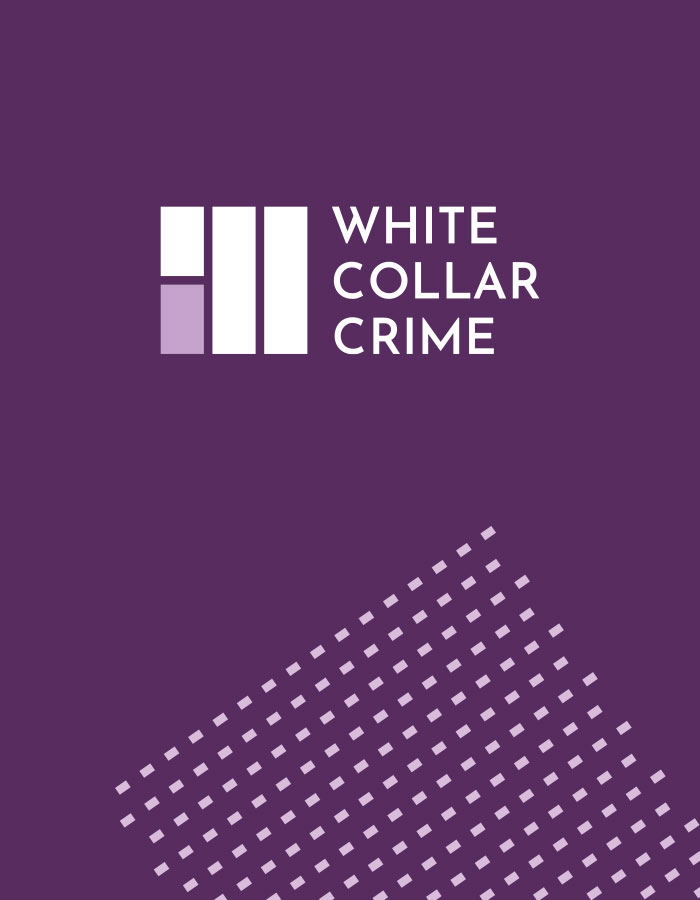Speed read: As the UK reporting deadlines fast approach, Rachel Clark examines the new obligations to report arrangements under ‘DAC 6’, and what this means for taxpayers and their advisers. She queries whether yet another tax reporting regime will yield results in the fight against aggressive tax avoidance.
Introduction
The tax world is no stranger to reporting obligations with punchy acronyms, from DOTAS, to FATCA, to CRS. Enter DAC 6 (Council Directive 2018/822). It is specifically designed to target ‘aggressive tax schemes’ by allowing cross-border sharing of information between tax authorities. However, it goes far further.
What is DAC 6?
The UK implementing regulations for DAC 6 require ‘intermediaries’ (or, in some circumstances, the taxpayer) to report cross-border ‘arrangements’ which fall within one of fifteen ‘hallmarks’ (characteristics or features identified as risk indicators for tax avoidance).
Several of those hallmarks rely on the main benefit of the arrangement being a ‘tax advantage’, but others do not. This means that even if an arrangement has a fully commercial purpose, it may still be reportable. Further, the main benefit test (‘MBT’) is, per HMRC guidance, to be tested objectively – it does not matter if a taxpayer did not, in fact, have a tax motive.
The reporting obligations themselves are onerous: the taxpayer or intermediary is required to file a report with HMRC setting out extensive information on the arrangement. Due to COVID-19, the UK reporting obligations have been delayed to early 2021. However, as individual Member States are implementing DAC 6 differently, other jurisdictions may require a report immediately.
Now is the time for taxpayers and their advisers to ensure they have procedures in place. Sanctions for non-compliance can include hefty fines, as well as reputational damage. Financial penalties can be mitigated where the person has reasonable procedures in place.
Who will be caught?
Accountants, tax advisers and lawyers will undoubtedly find themselves caught up in the new obligations – even some who are not advising on tax.
The definition of ‘intermediary’ is wide and includes ‘promoters’ and ‘service providers’, i.e.:
- ‘any person that designs, markets, organises or makes available for implementation or manages the implementation of a reportable cross-border arrangement’; and
- ‘any person that, having regard to the relevant facts and circumstances and based on available information and the relevant expertise and understanding required to provide such services, knows or could be reasonably expected to know that they have undertaken to provide, directly or by means of other persons, aid, assistance or advice with respect to designing, marketing, organising, making available for implementation or managing the implementation of a reportable cross-border arrangement’.
The intermediary must also be linked to an EU Member State (broadly, by residence, permanent establishment, incorporation etc.).
Key tips:
When considering their reporting obligations, taxpayers and intermediaries should note the following:
- Look-back: Reporting covers all transactions from 25 June 2018, so they must review all arrangements from that date onwards.
- Arrangements: HMRC guidance states that an ‘arrangement’ is to be interpreted ‘holistically, rather than looking at any arrangement as a series of small steps or separate transactions’.
- Hallmarks: Careful thought will need to be given to determining whether any hallmark applies. For example, in some cases the main benefit test must be considered. However, if the tax advantage is consistent with the principles and policy objectives of the law upon which the cross-border arrangement is based, then the MBT will not be triggered. Whilst this is a helpful and necessary exclusion, ascertaining and determining the scope of the principles and policy objectives of legislation (and applying them to the arrangement) may not be straightforward.
- Legal Professional Privilege: In many circumstances, intermediaries who are lawyers will be prohibited from disclosing due to legal professional privilege (albeit not when they are ‘marketing’ the relevant arrangement). Whilst HMRC has previously suggested that ‘much of the information that would need to be reported will not be covered by [LPP], because it will be factual in nature’, the Law Society has issued guidance stressing that ‘if a lawyer is made aware of that information solely through a privileged communication from their client, the information becomes privileged in the lawyer’s hands’ and that even if ‘the factual information comes into the lawyer’s hands in non-privileged circumstances, by disclosing that information in the context of DAC 6 they’re likely to be disclosing that they have given advice in respect of an arrangement that is subject to a hallmark.’
Ultimately, some clients may opt to waive privilege, preferring their legal advisers to report on their behalf. However, such an approach should be considered very carefully, and the client advised fully.
Will it work?
DAC 6 may do disappointingly little to combat aggressive tax avoidance. There is a high risk the revenue will be bombarded with far more information than it can process. Further, much of that information may relate to entirely uncontroversial commercial arrangements.
Even if such information does betray aggressive tax avoidance, the route to enforcement remains lengthy and expensive, particularly given the current backlog. It is feared that these new requirements may prove to be a very expensive and time-consuming exercise, serving only to weigh down the already heavy desks at HMRC.
Rachel Clark is a barrister at Bright Line Law specialising in tax investigations (avoidance and evasion). She has experience advising on reporting obligations, disclosure (including in response to HMRC’s information powers), privilege and mitigation of penalties.
Read more articles written by Rachel Clark here.
Jonathan Fisher QC, Lead Counsel at Bright Line Law, is listed in the directories for his work in the tax sphere. He is a Chartered Tax Adviser (Fellow) and was Standing Counsel (Criminal) to the Commissioners of Inland Revenue from 1991-2003.
Read more articles written by Jonathan Fisher here.







